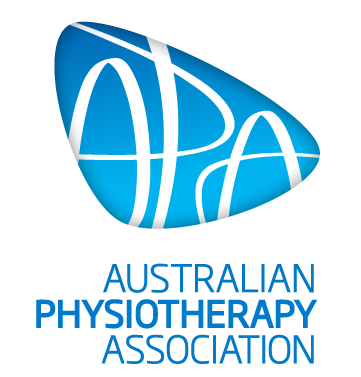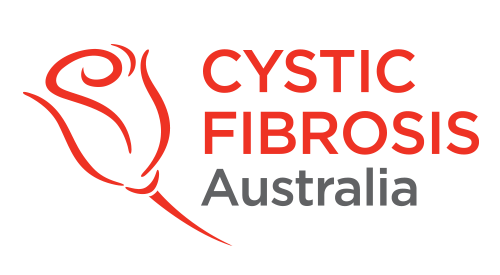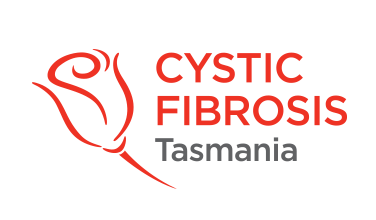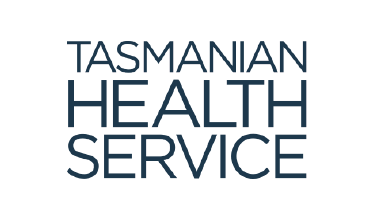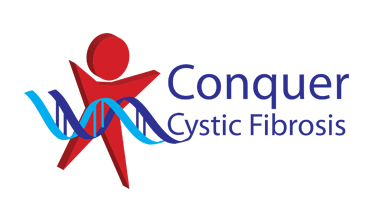Pregnancy in Cystic Fibrosis
Due to people with CF living for longer, many women with CF now consider having a family. Usually babies and mothers cope well with childbirth. However, there are some women who find that CF complicates their pregnancy, or their pregnancy can have a negative impact on their CF. It is very important that your pregnancy is planned and discussed early with your health care team before you are pregnant. Proper planning is important before conception, to make sure the best possible results occur for all.
Mums without CF experience changes in their body, their posture, and their breathing amongst other things. This is no different with CF.
Taking all your inhaled medications and doing your airway clearance as well as possible for all of your pregnancy is recommended. By doing your airway clearance regularly, you will increase the amount of air flow in your lungs as much as possible and decrease infections. There is an increased chance of gastroesophageal reflux (when food or stomach juices come back up your food pipe) in pregnancy that can happen when doing your airway clearance techniques. You should avoid the head-down tilted positions and any positions which may increase reflux. Stress urinary incontinence may be more likely in pregnancy. Daily pelvic floor exercises will improve your strength and endurance and the use of the “knack” during any airway clearance routines is also helpful.
Postural changes happen during pregnancy for a number of reasons. Hormonal changes during pregnancy can lead to increased elasticity (stretchiness) of ligaments and floppier/weaker muscles. Enlargement of breasts and the abdomen cause changes in your posture, the way you stand and sit. When you are pregnant, a physiotherapist will help to manage any of your postural discomfort.
Your physiotherapist will discuss your physical activity and adjust your routine, taking into consideration your respiratory health as well as musculoskeletal changes to your body.


